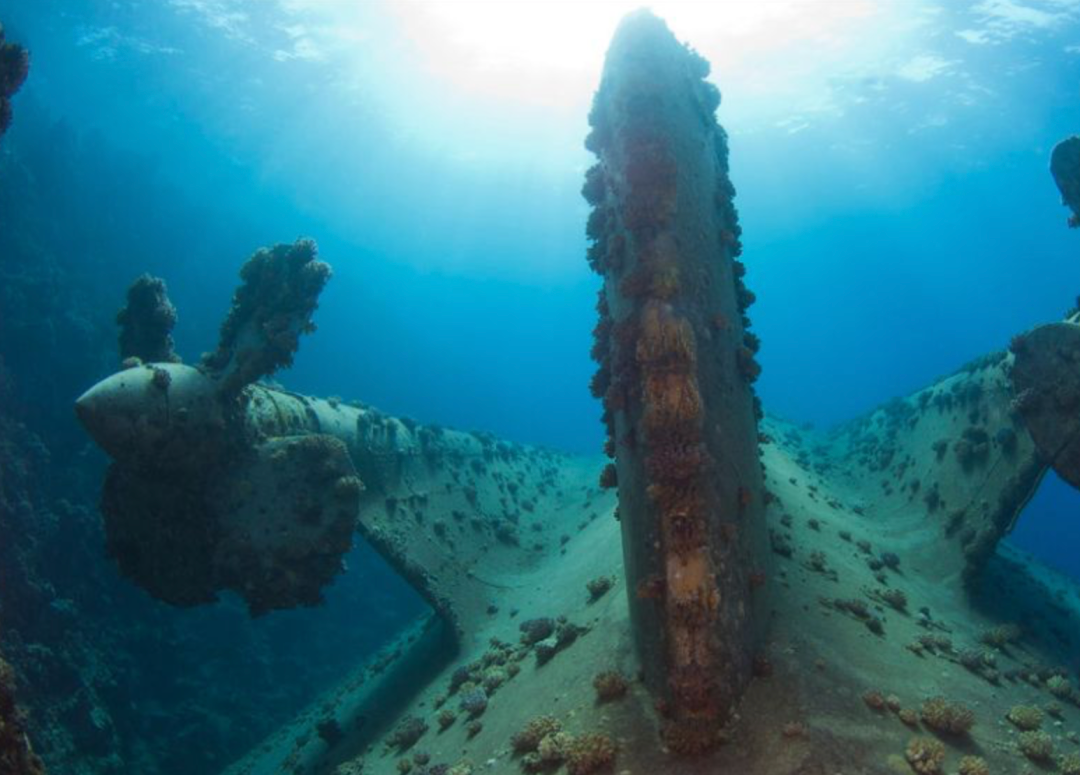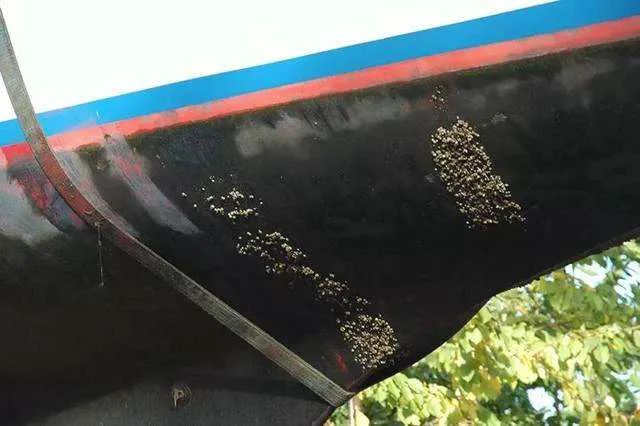NEWS
- Home
- Marketing
- Business Fields
- Services
- Solutions
- News
- Patents & Honors
- Cooperation
- About
- Talents
- Contact


NEWS
发布日期:2022-02-25 13:38:18

February 9-11
"One Ocean" Summit
Held in Brest, a coastal city in northwestern France
Focus on global ocean protection and governance issues.
Dear President Macron,
Distinguished guests:
The ocean is an important foundation for human survival and development. The "Maritime Silk Road" in history is a vivid portrayal of the people of various countries along the way through maritime exchanges and mutual benefit cooperation. Carrying forward the past and forging ahead, President Xi Jinping put forward the initiative to build a maritime community with a shared future and build the 21st Century Maritime Silk Road. China is willing to actively connect and synergize with France's "International Maritime Community" and other bilateral and multilateral initiatives.
First, jointly build a marine ecological civilization. Implement the United Nations' 2030 Sustainable Development Goals, build a blue partnership, strengthen the prevention and control of marine environmental pollution, protect marine biodiversity, support and cooperate with the international community in combating various illegal fishing activities, and take into account both marine development and protection.
Second, jointly promote the development of the blue economy. Optimize the spatial layout of the marine economy. Promote the development and utilization of renewable energy such as offshore wind power, tidal energy and wave energy in an orderly manner, support the research and development of algae bio-based fuel technology, develop a green and low-carbon shipping industry, and enhance the innovation capability of marine science and technology.
Third, jointly strengthen global ocean governance. Firmly uphold international law, including the United Nations Convention on the Law of the Sea. Steady progress will be made in negotiating agreements on the conservation and sustainable use of biodiversity in sea areas beyond national jurisdiction, and developed countries should transfer marine technologies to developing countries to ensure the sharing of various benefits of marine genetic resources. China is willing to actively participate in international cooperation in the use of shore power for ships on international voyages.
China has always been a promoter of sustainable ocean development, a builder of global ocean governance, and a defender of the international ocean order. China will work with other countries to create a peaceful ocean, a cooperative ocean and a beautiful ocean.
thank you all!

To develop a green and low-carbon shipping industry, it is essential to solve the problem of ship emissions.
Marine biofouling on ship hulls contributes approximately 110 million tons of additional carbon emissions annually to the entire shipping industry. Ships not only emit large amounts of greenhouse gases, but also carry and release other ecologically harmful pollutants during their voyages.
Biofouling has been identified as a major challenge for the marine world as commercial trade has a direct impact on the health of marine life and the environment. As the vessel sailed from port to port, the hull collected a variety of barnacles, algae and other aquatic life. This leads to cross-pollination, where exotic marine species are released into waters that are not their natural habitat, threatening native marine flora and fauna.
Biofouling can add up to $30 billion to shipping's annual bunker fuel bill due to increased fuel consumption by IAS (Invasive Aquatic Species), a heavy drag on ship hulls, according to research conducted by The Clean Shipping Coalition, an international environmental group. Biofouling can also cause significant maintenance issues on the vessel and reduce overall performance.
While massive increases in fuel consumption are negatively impacting ships' bottom lines, the introduction of these invasive species into new environments through ship hulls has been identified as the greatest threat to the planet's ecological well-being.
The industry may contribute to a large part of the global climate change problem, but it continues to work to mitigate its impact with a range of solutions. One such solution is regular hull cleaning, which offers ship owners and operators the opportunity to improve the energy efficiency, speed and longevity of their ships.

Why is hull cleaning important?
To compensate for the frictional drag caused by biofouling and maintain schedules, ships are forced to increase their power, resulting in increased fuel consumption and carbon emissions. An effective way for ship operators to improve energy efficiency and reduce fuel and carbon emissions is to regularly clean their hulls. Frequent hull cleaning can eliminate biofouling growth and reduce the risk of invasive species contaminating local port waters and outnumbering native species.
Step into the future with Pegasus
Green and innovative hull cleaning technology has proven to be the most effective way to meet the environmental goals of the shipping industry. We are just one of many companies bringing hull cleaning into the 22nd century.
Pegasus is at the forefront of sustainable development towards environmentally friendly solutions with its intelligent underwater robotic cleaning. No divers, harsh chemicals or abrasive methods are required and can be cleaned day or night in most weather conditions and while cargo or bunker operations are in progress. Using flexible cavitation technology, after the jet is ejected from the nozzle with the reverse opening, the reverse thrust connecting rod rotates at a high speed, thereby driving the water flow to form a vortex, which is rolled in and adsorbed; at the same time, the high-density cavitation bubbles generated by the water jet are filled in the hull and In the gaps of the attachments, at the moment of collapse, clean and peel off the attachments, while cleaning without damaging the paint. Pegasus cleans 96-97% of the underwater area faster than traditional cleaning methods, and the cleaning effect lasts 2-3 times longer.
Choosing the right hull cleaning solution can help ship operators save money, time, and most importantly, the environment.
